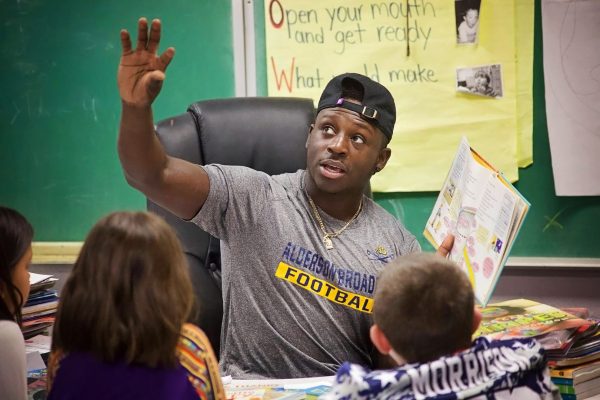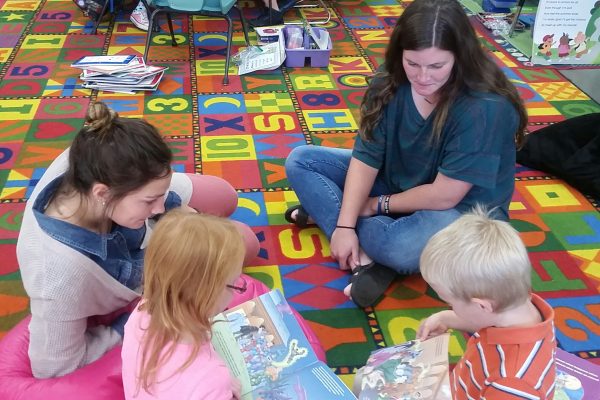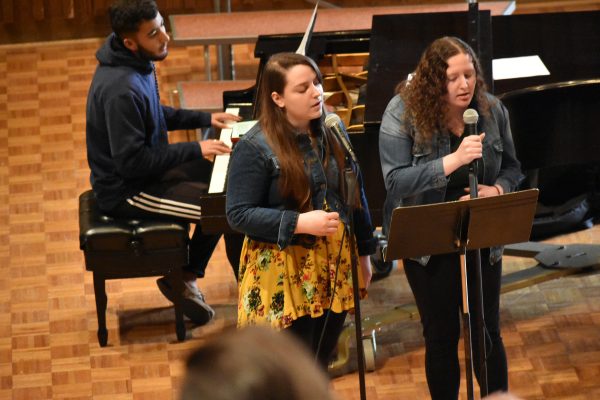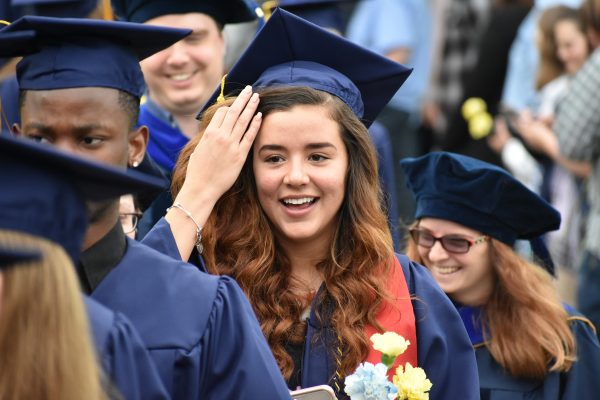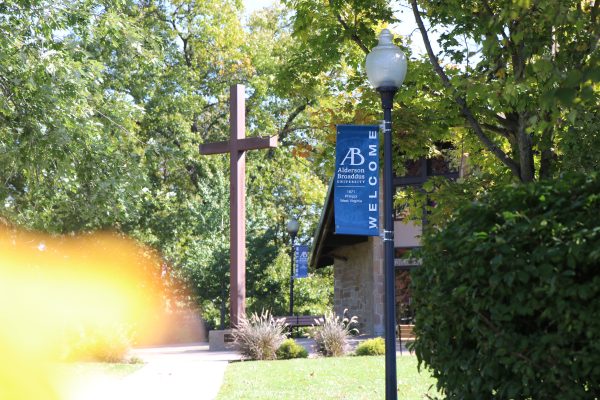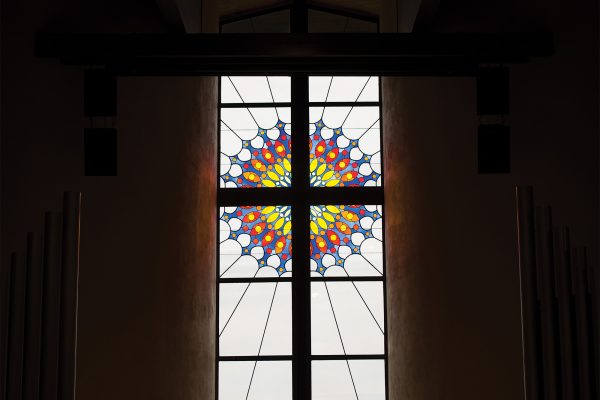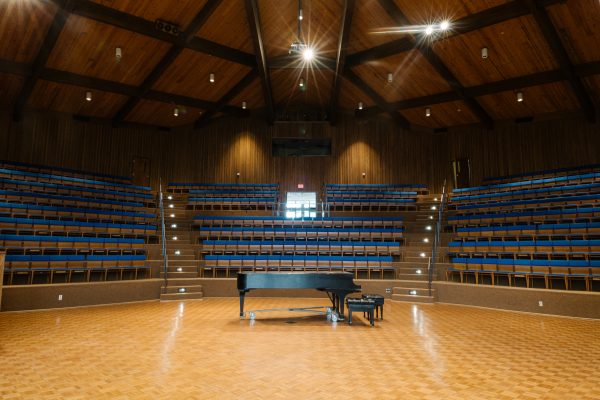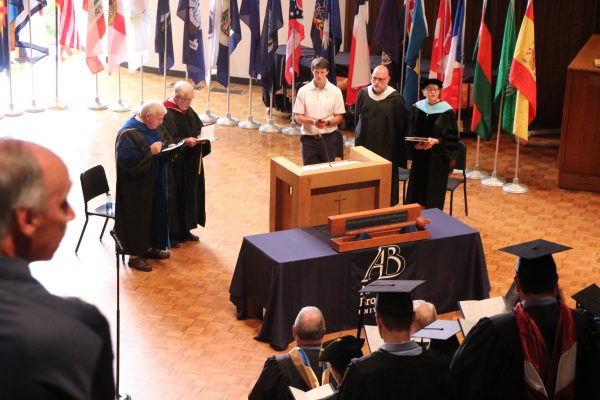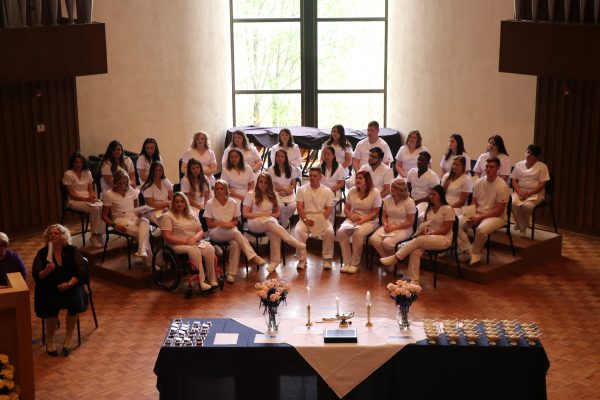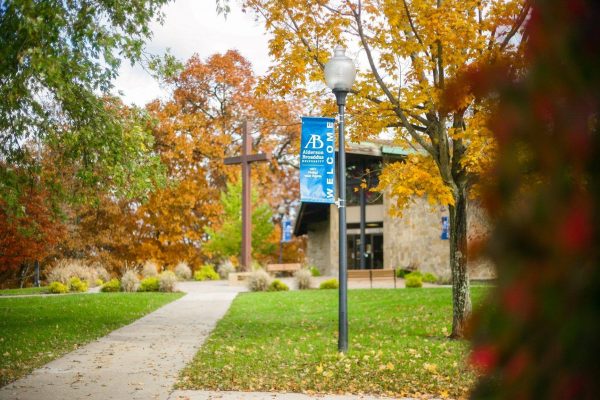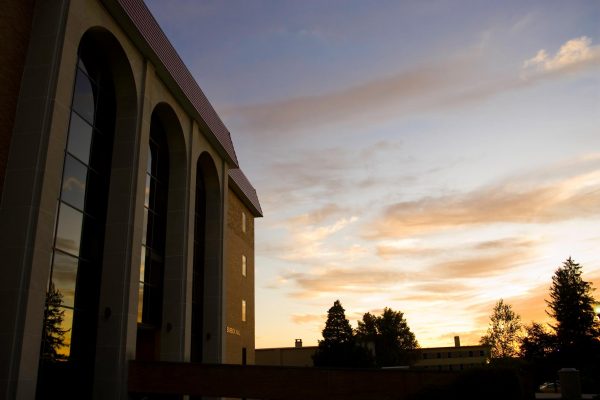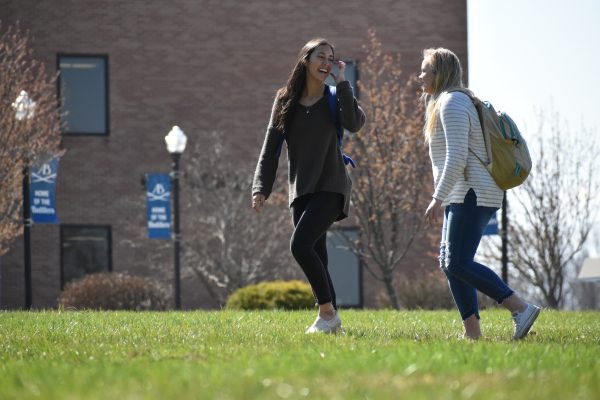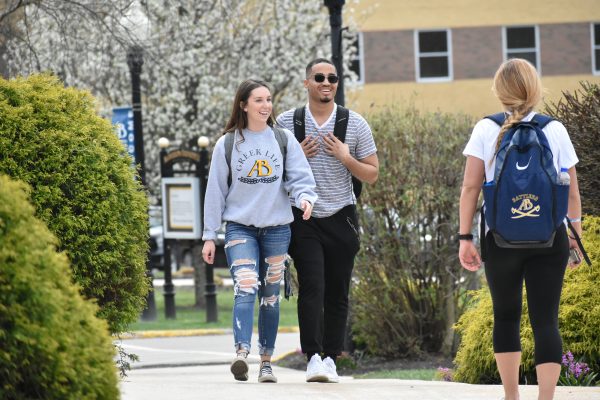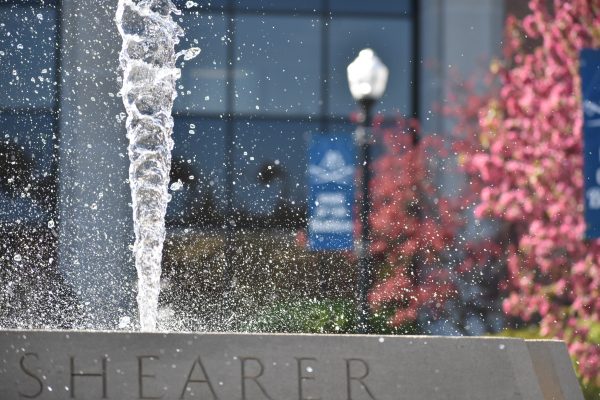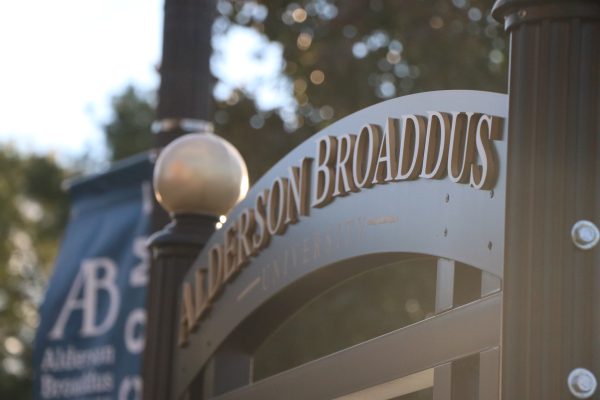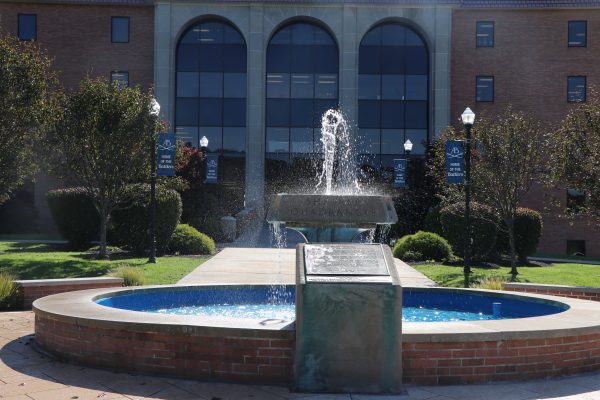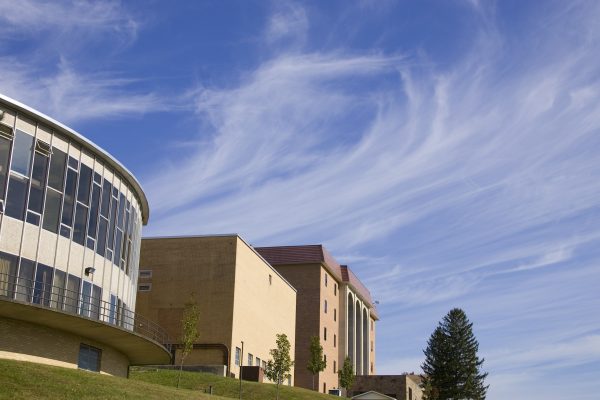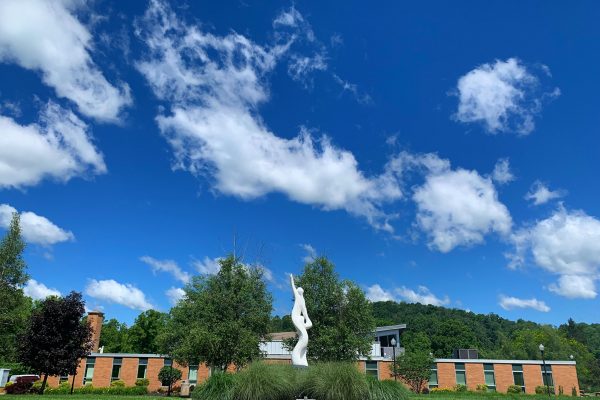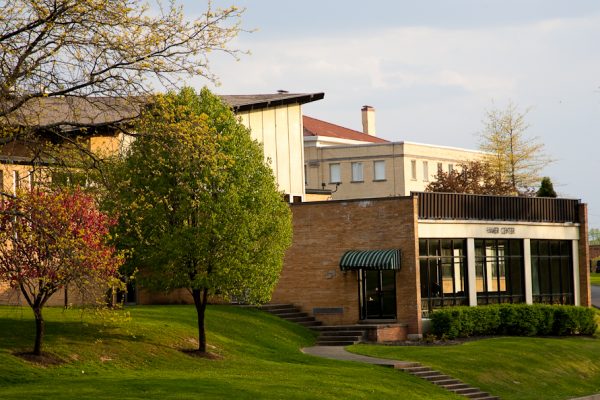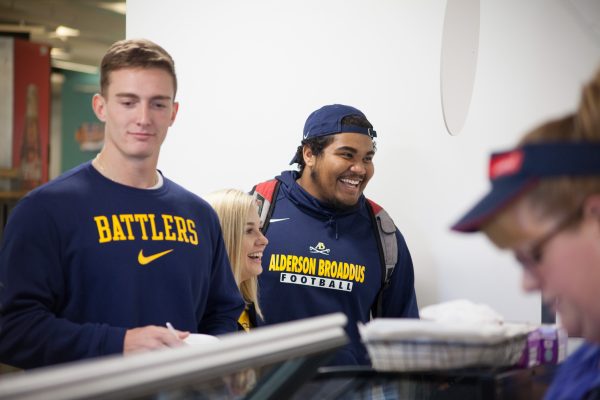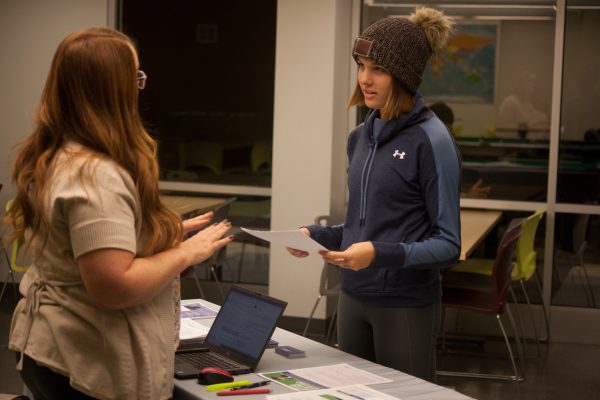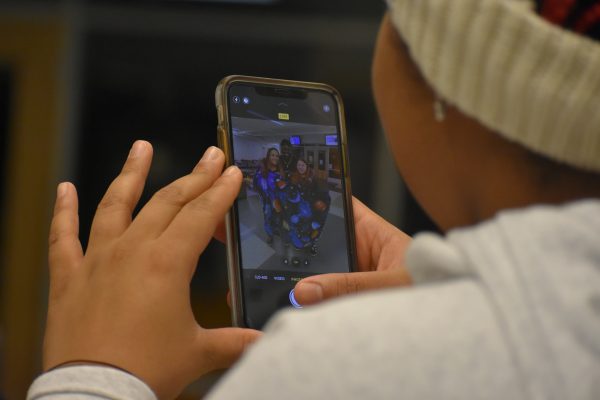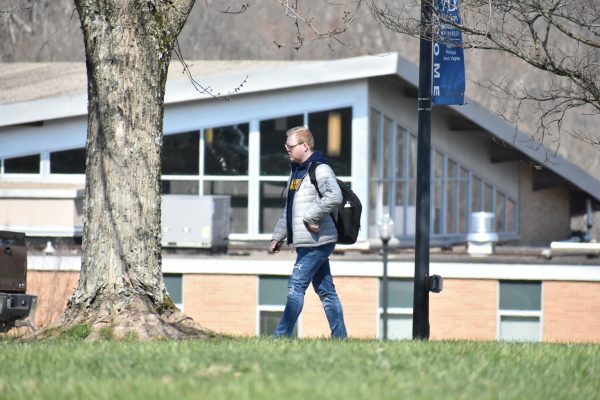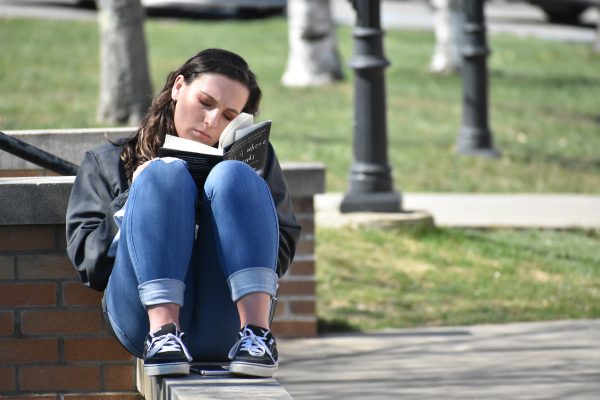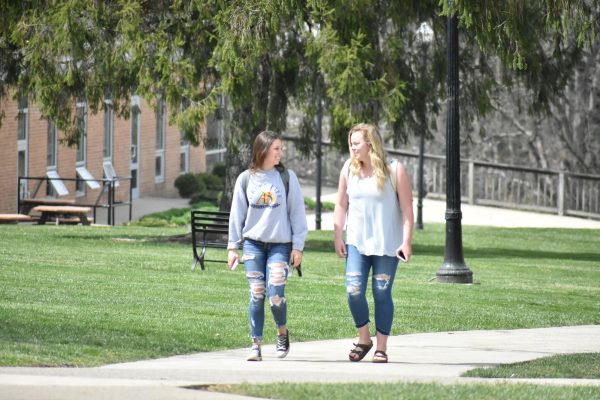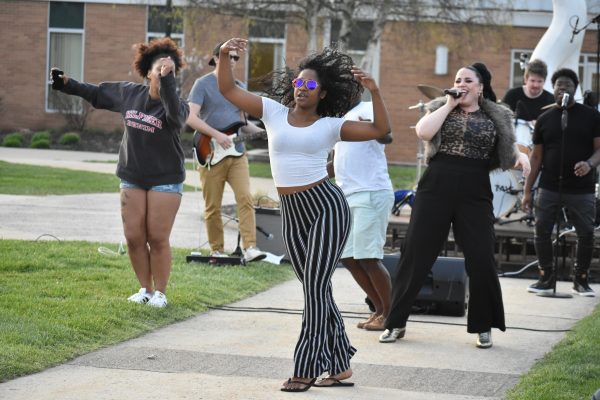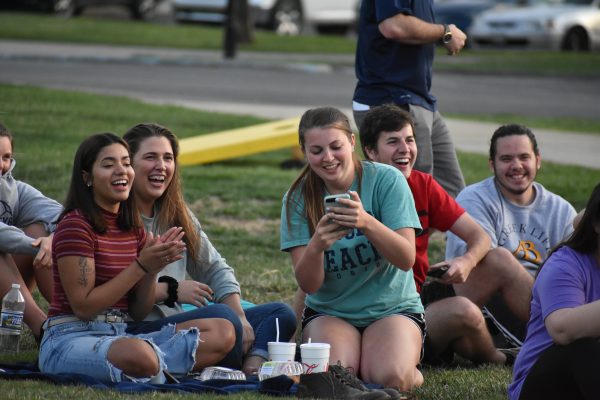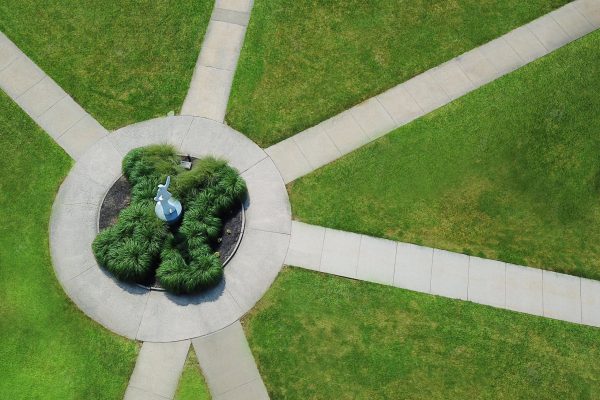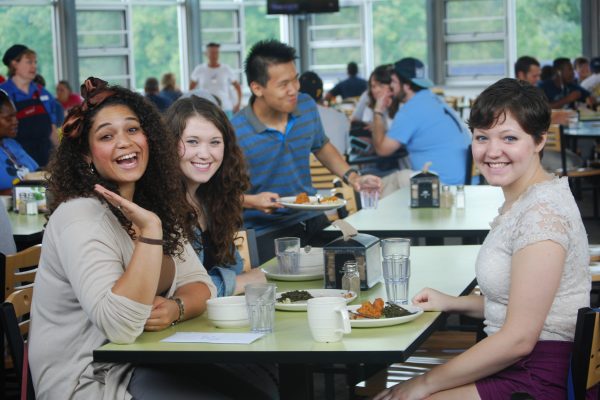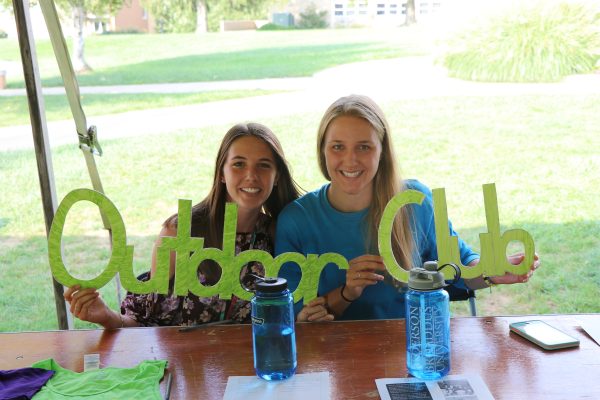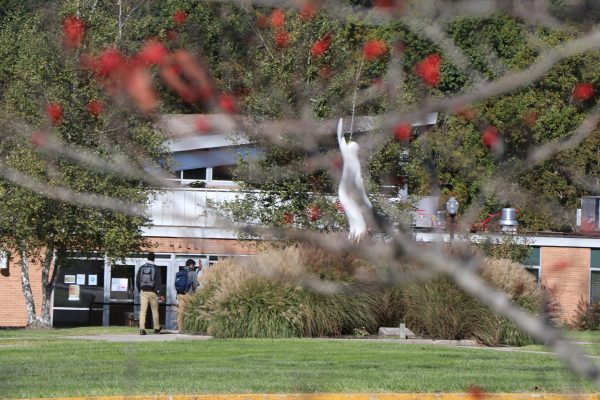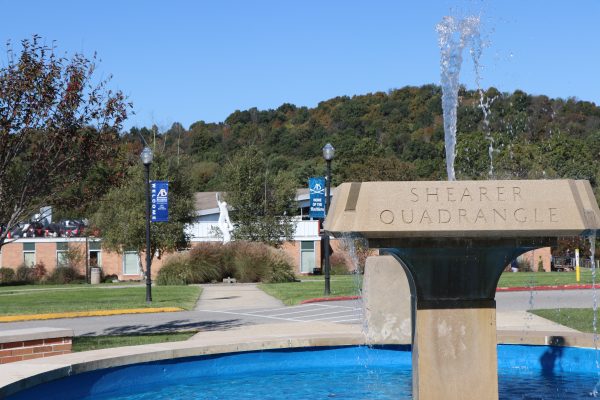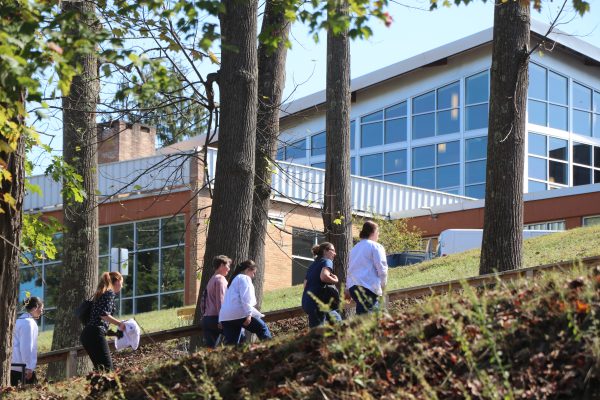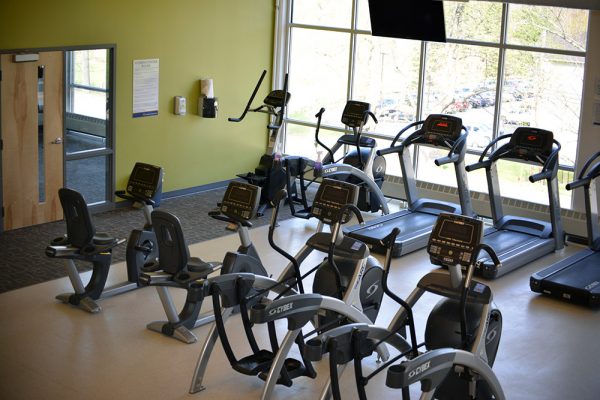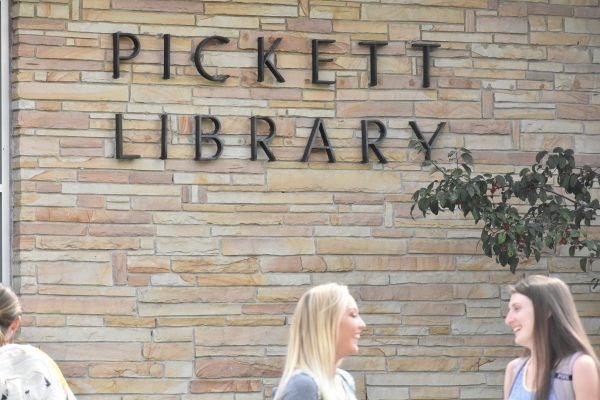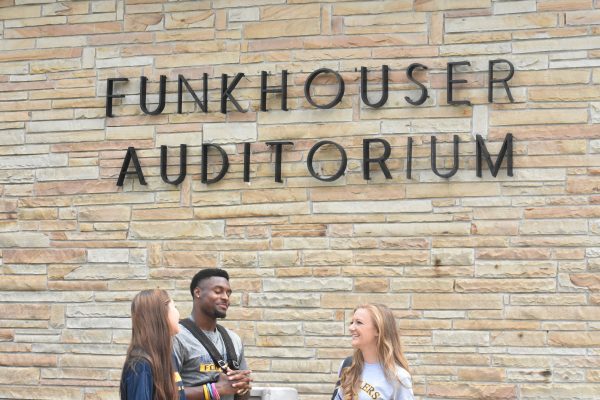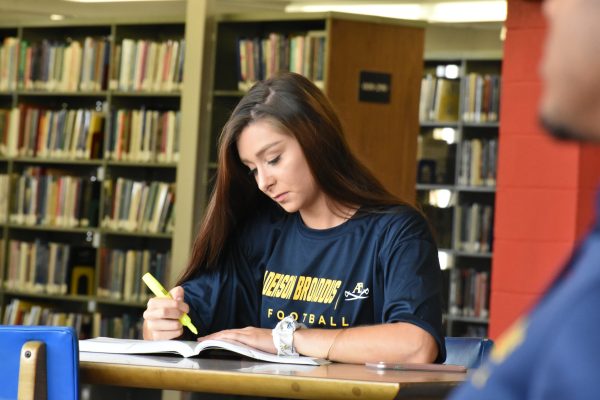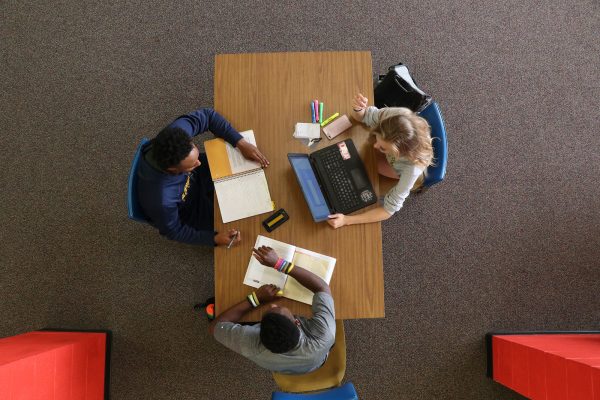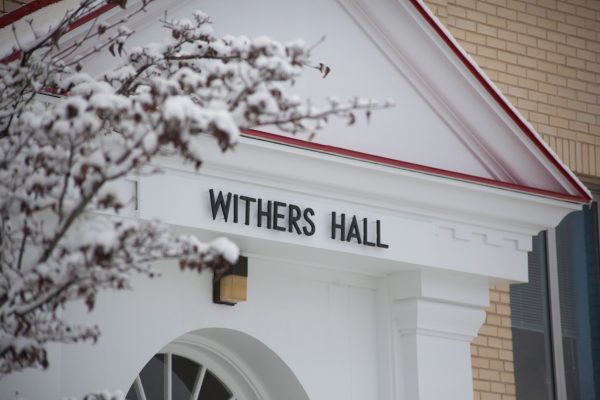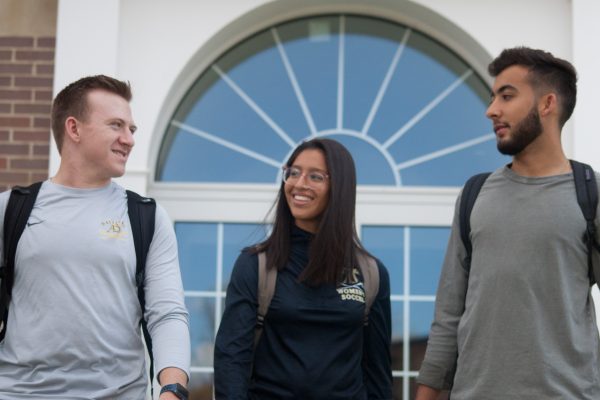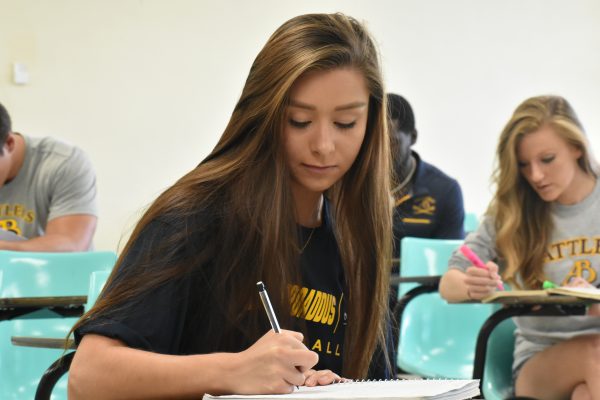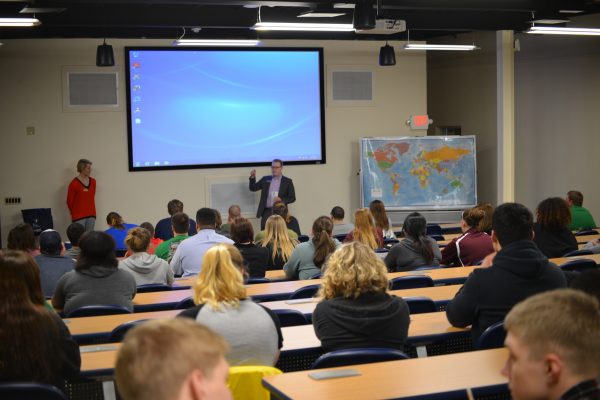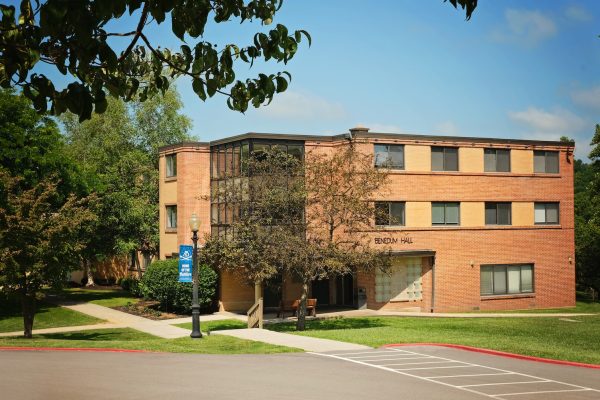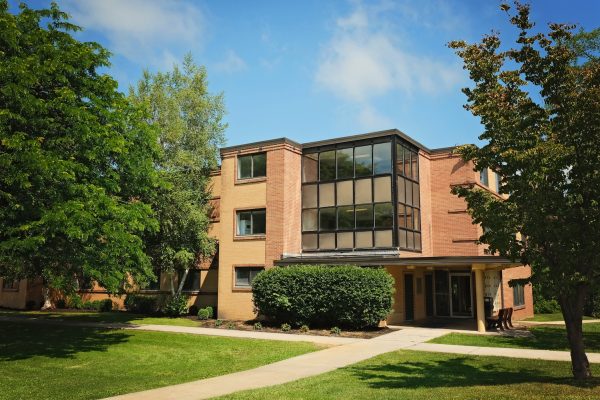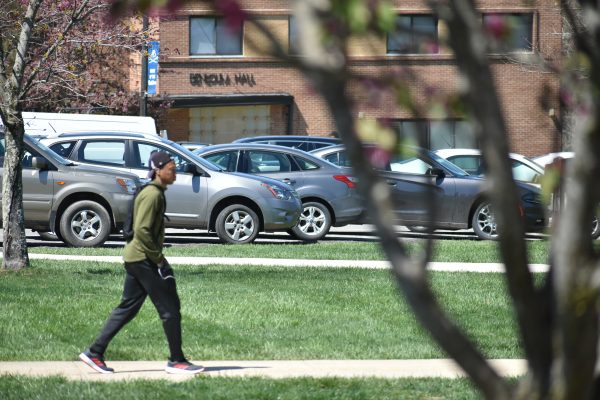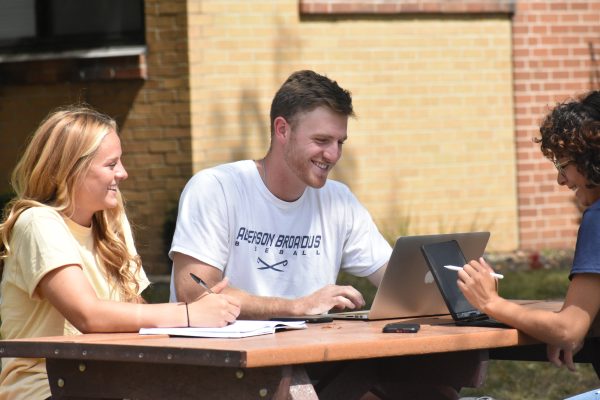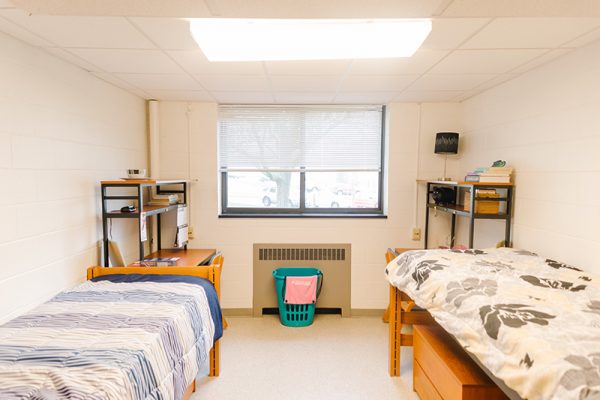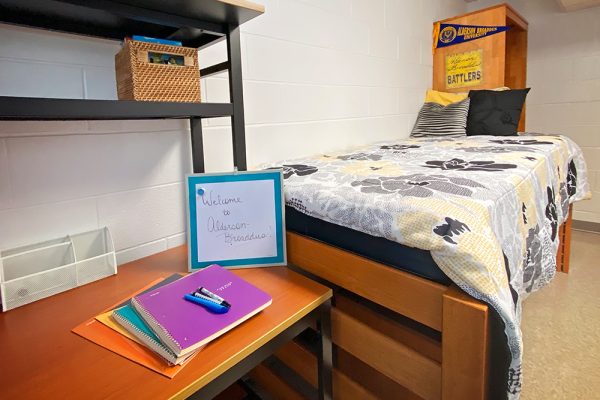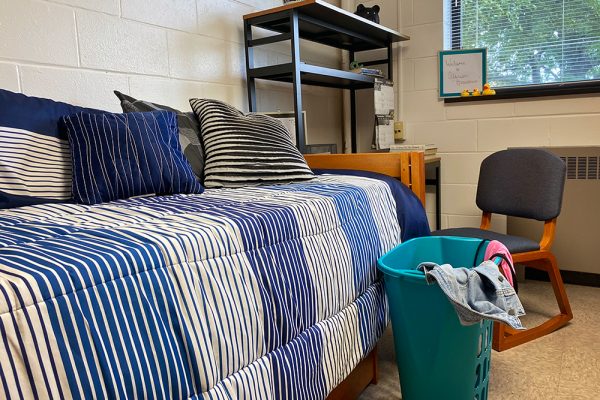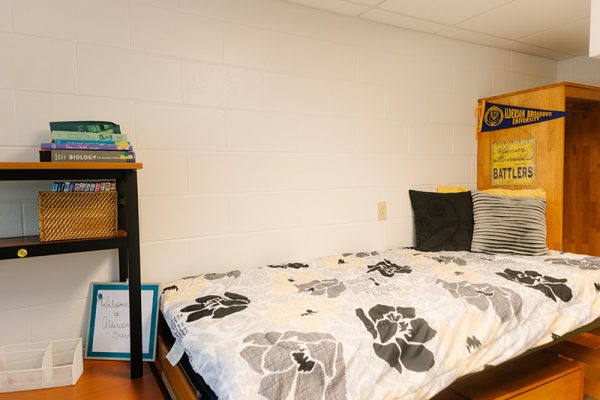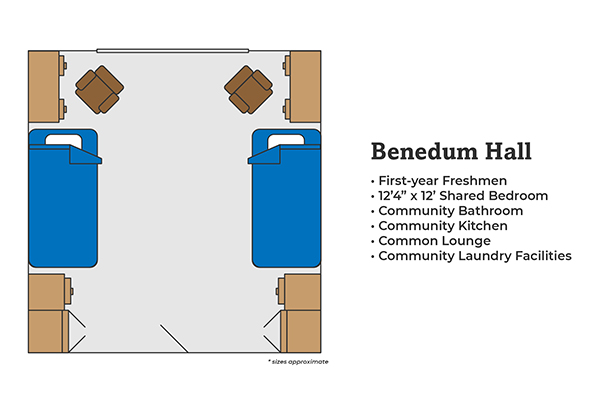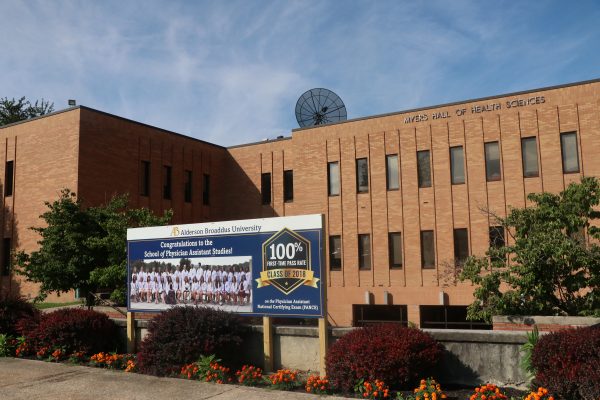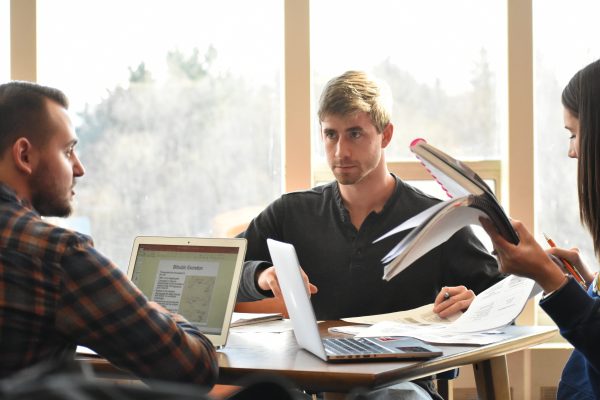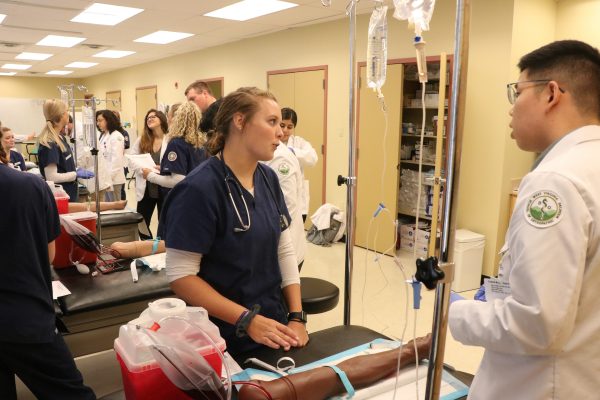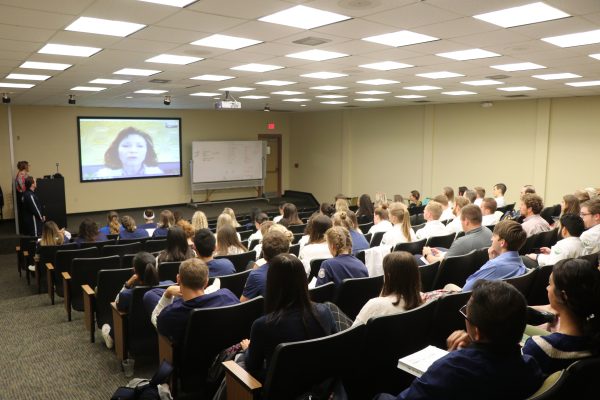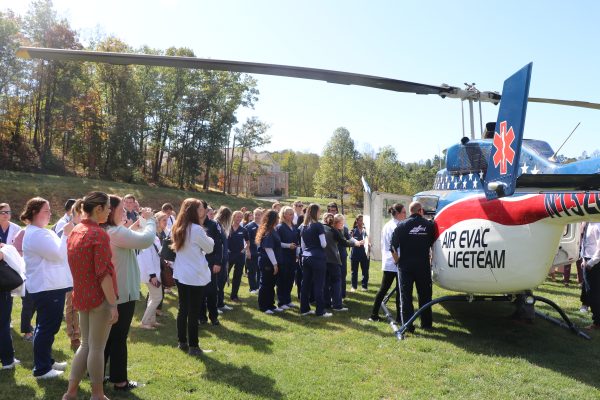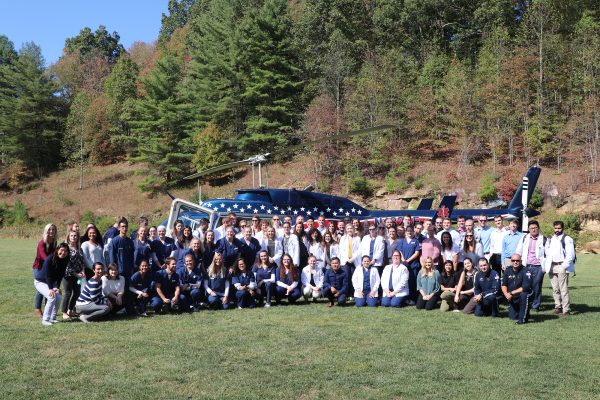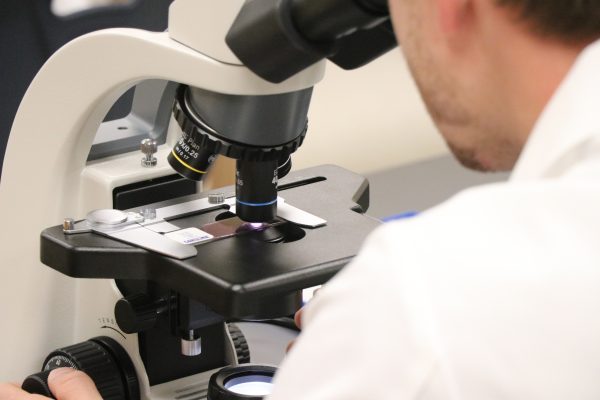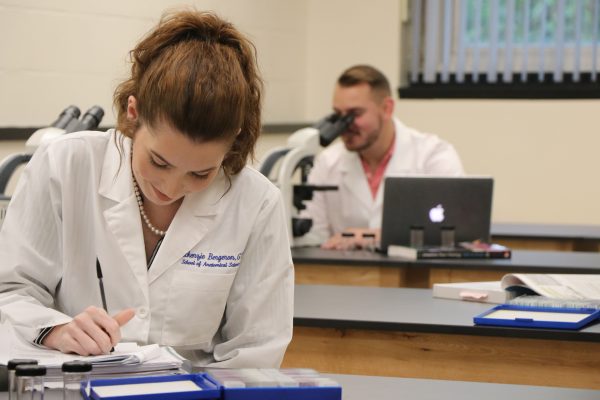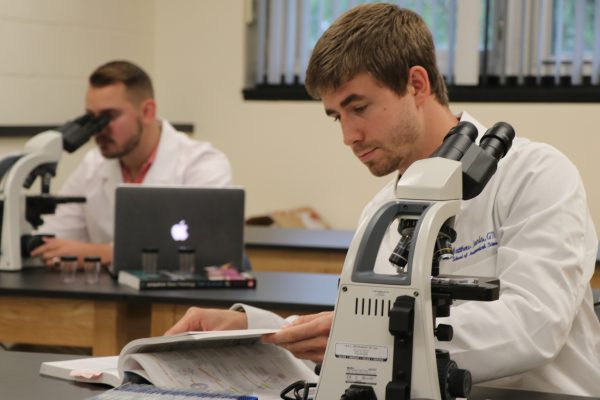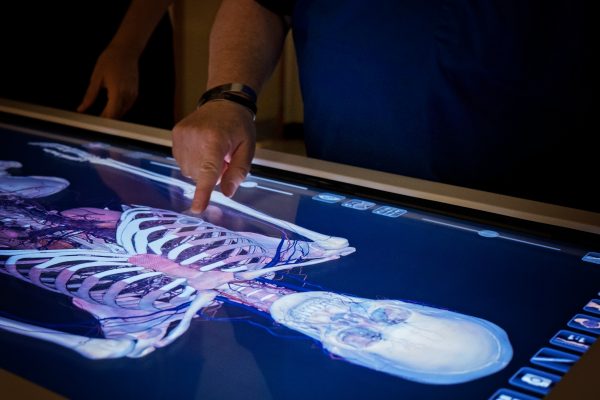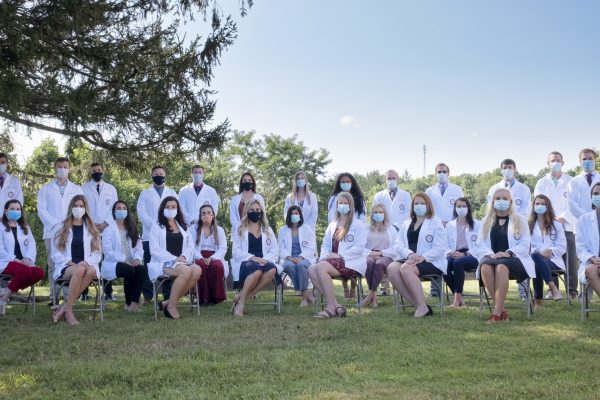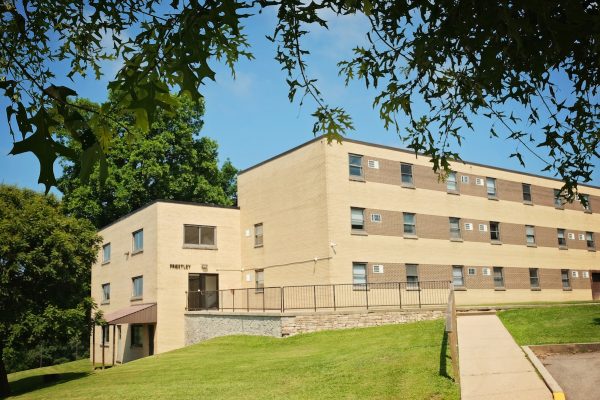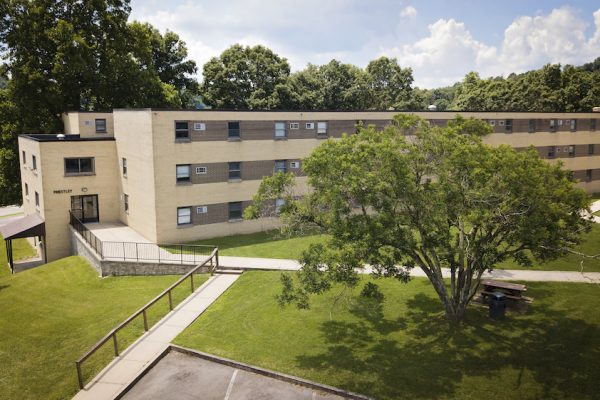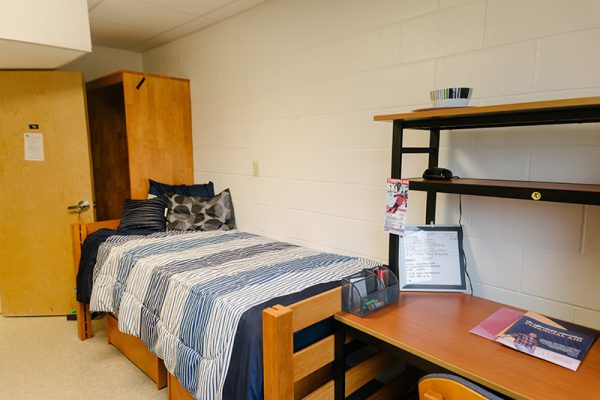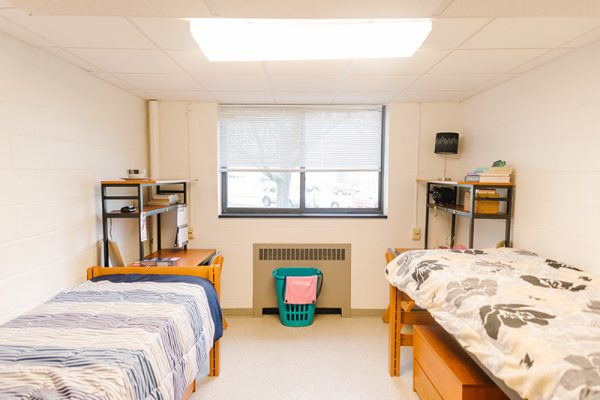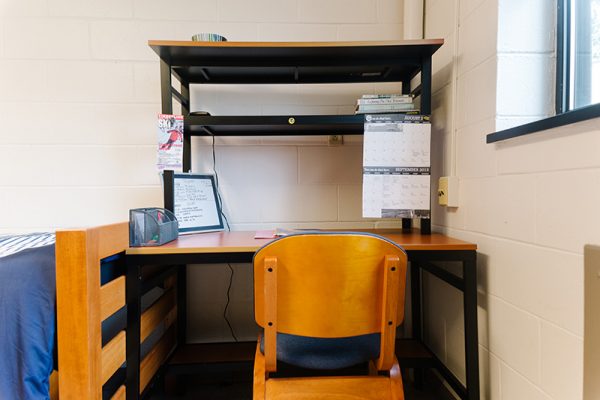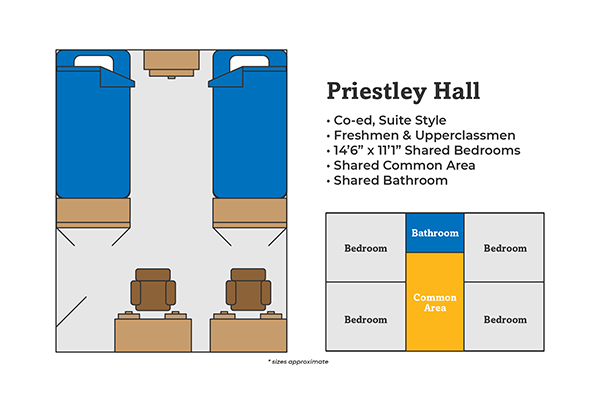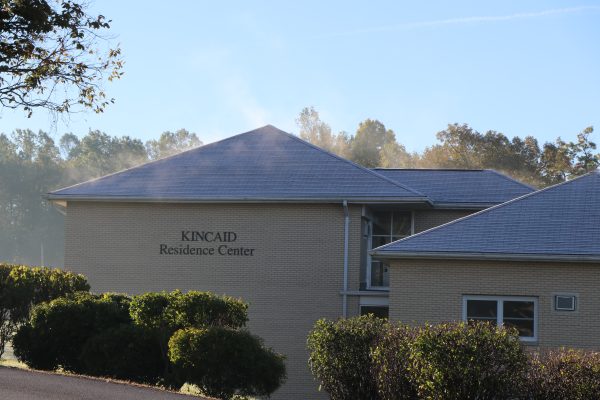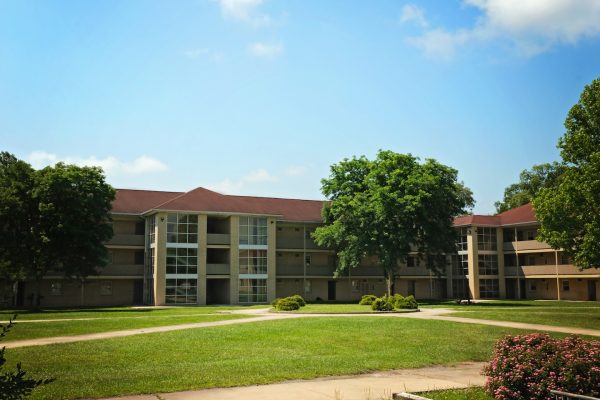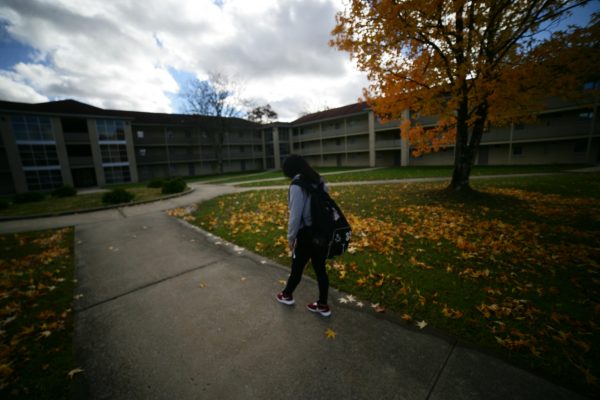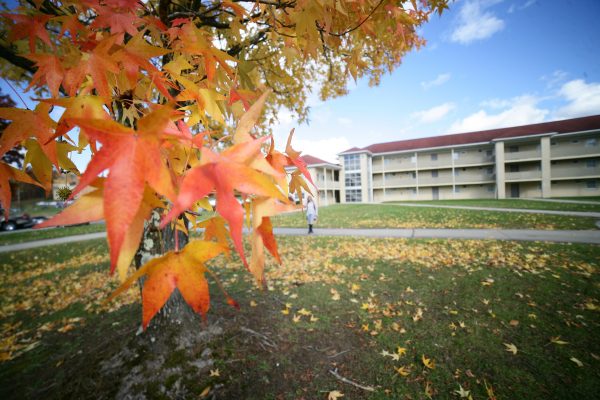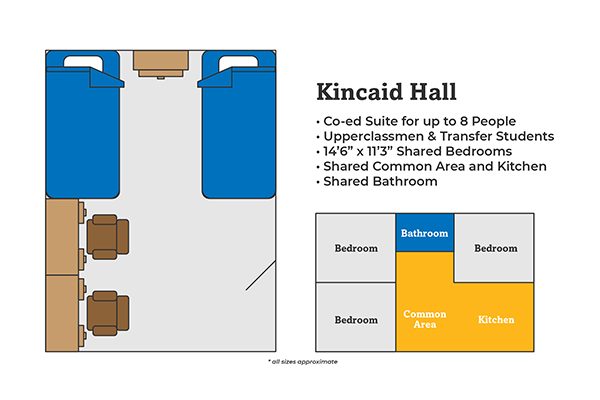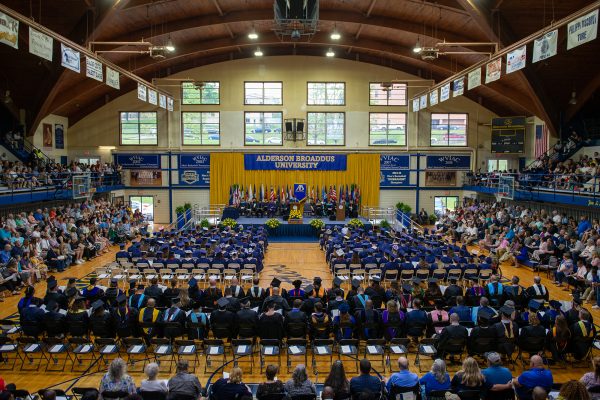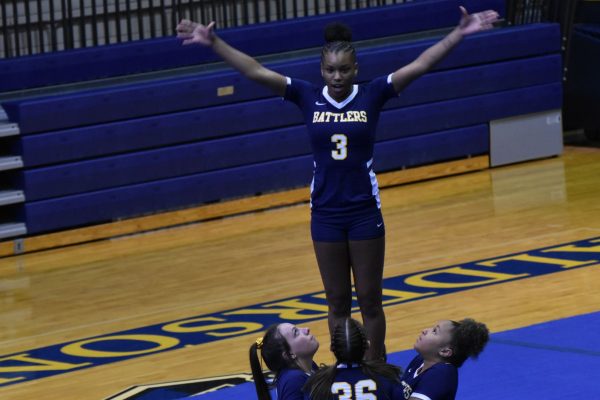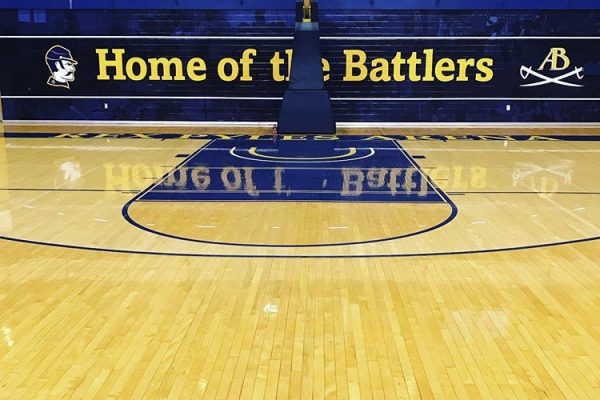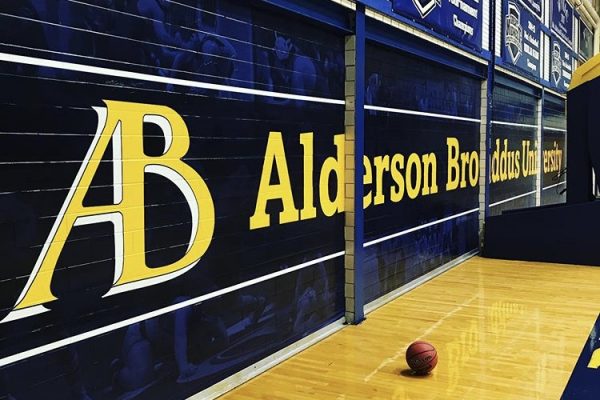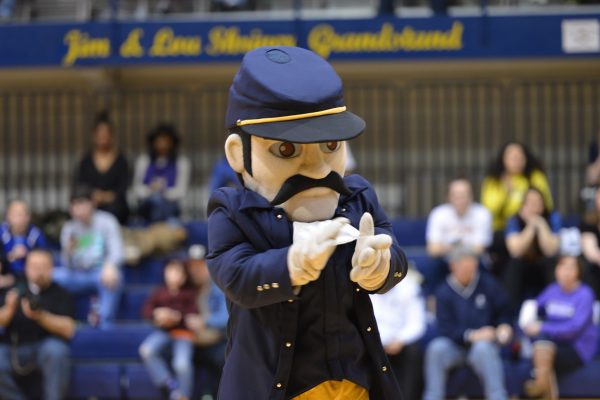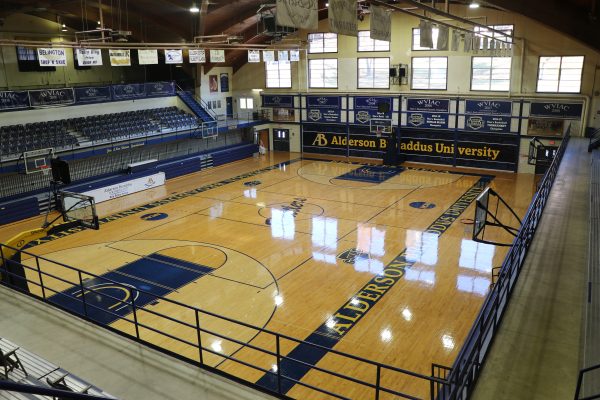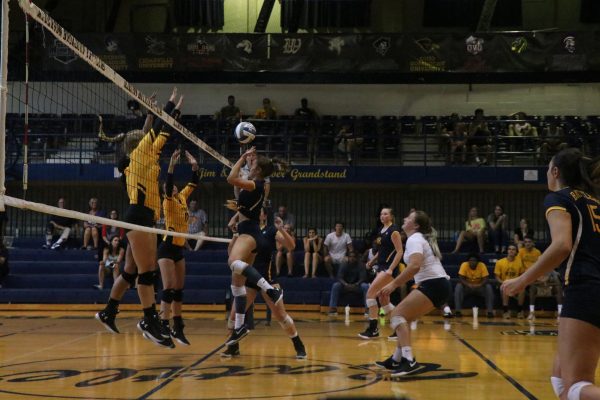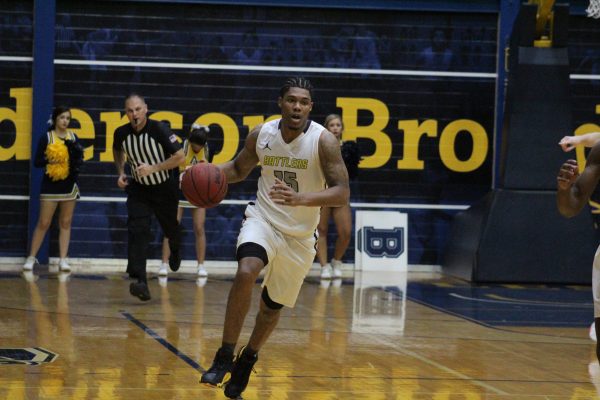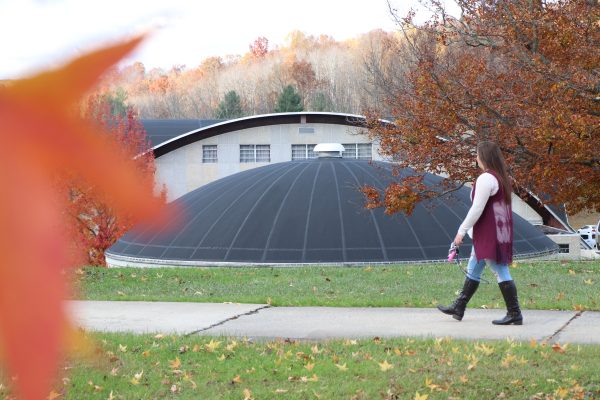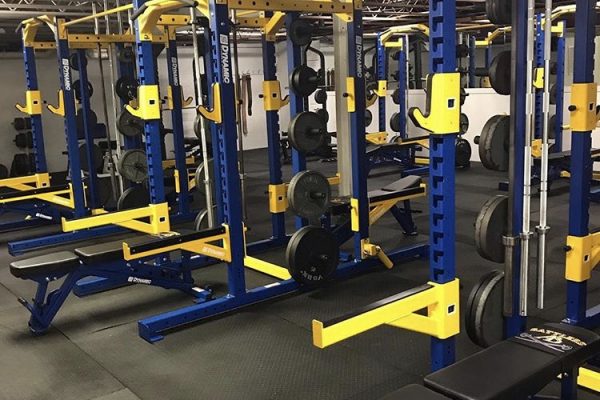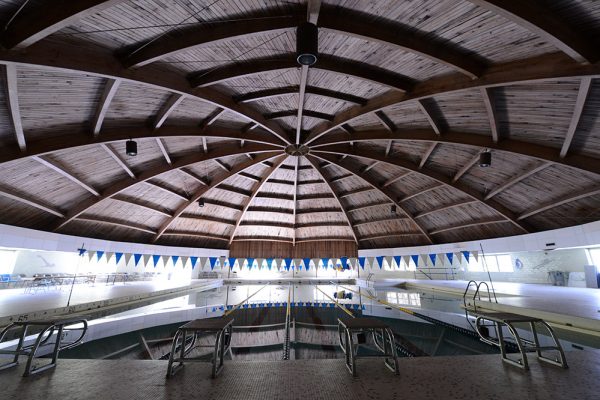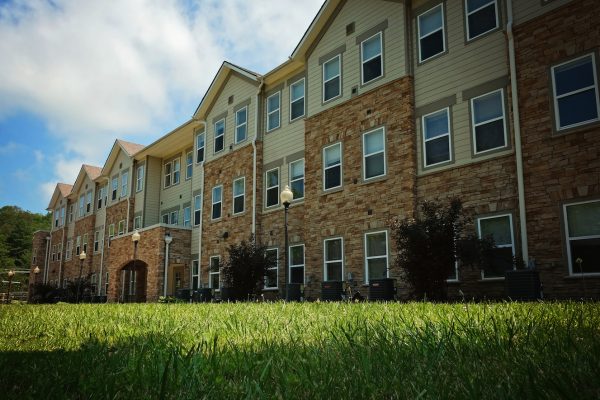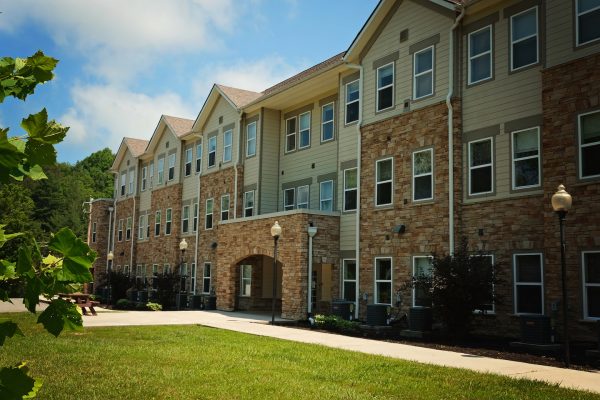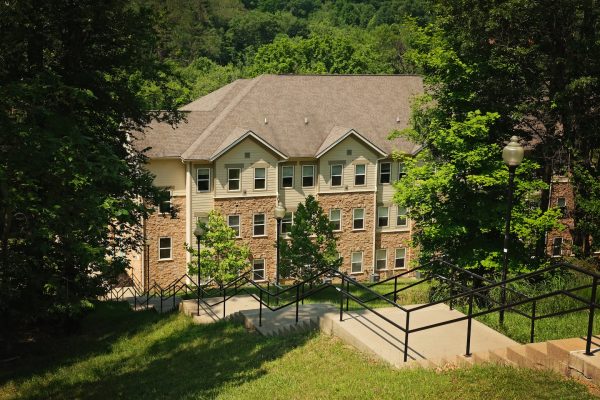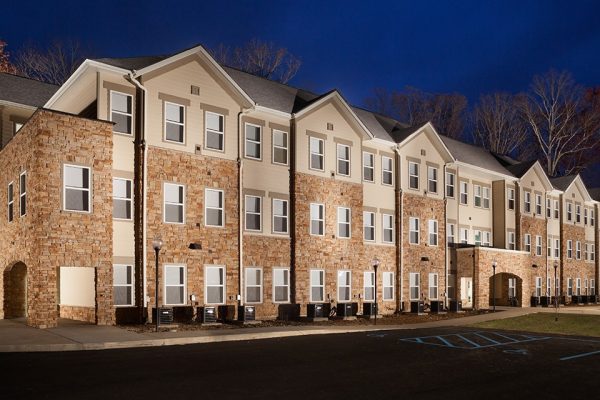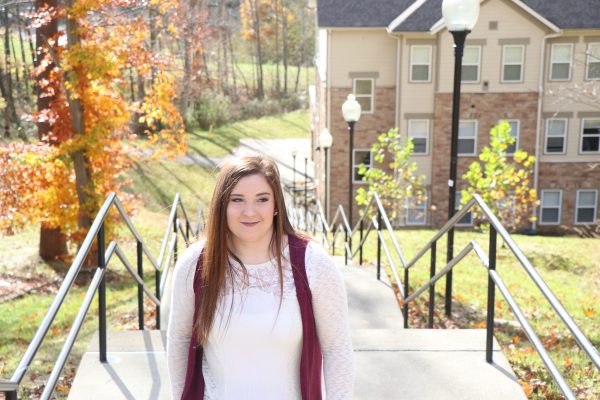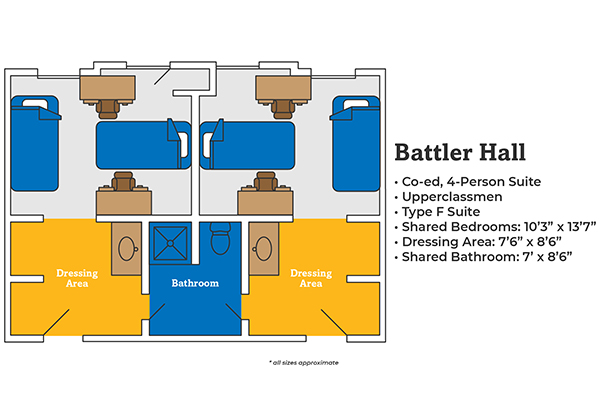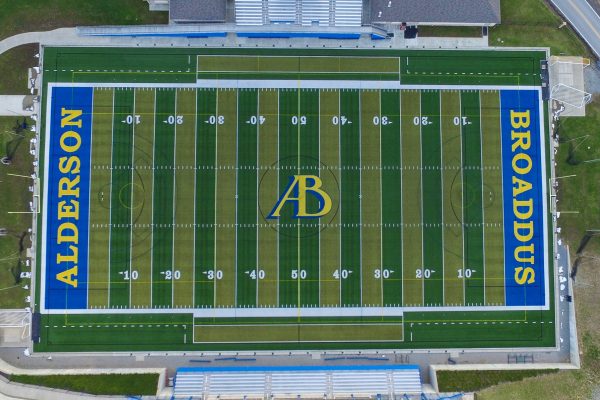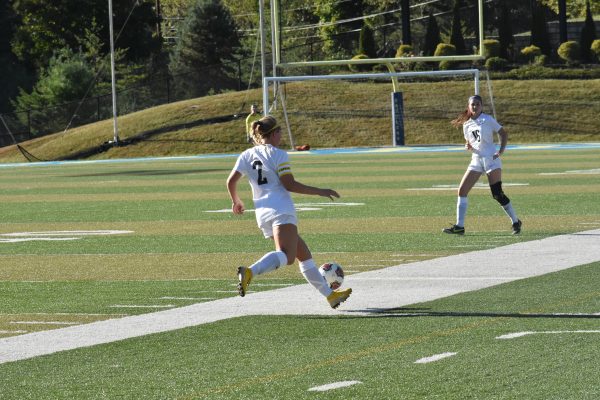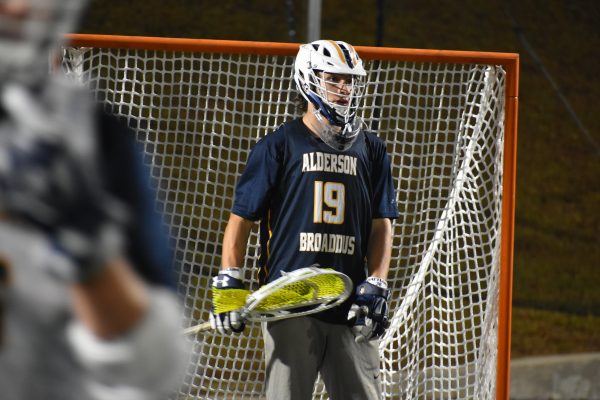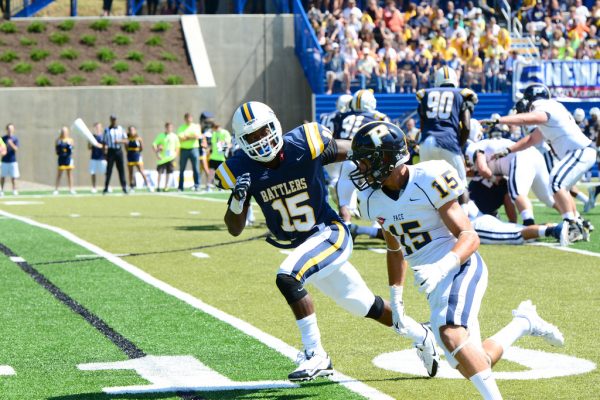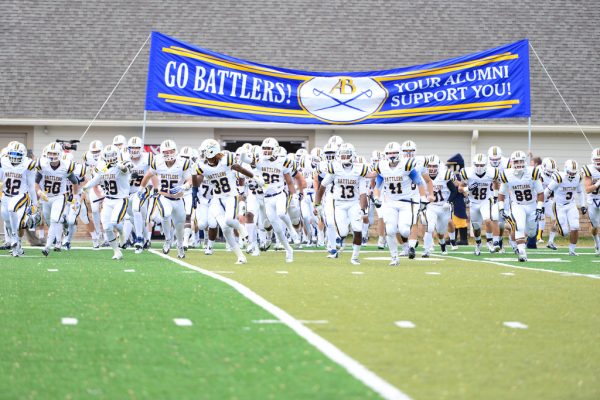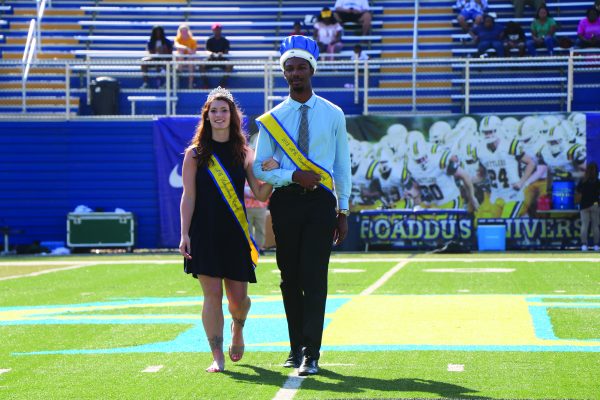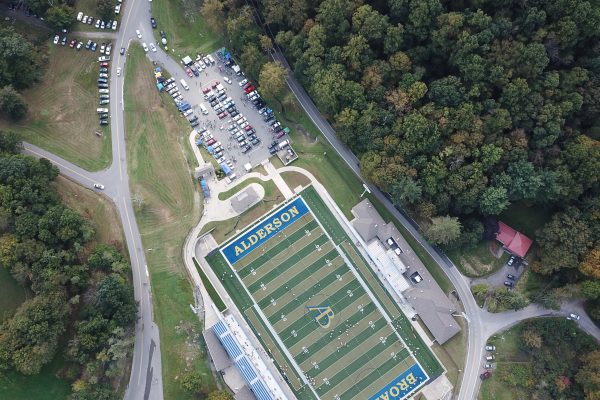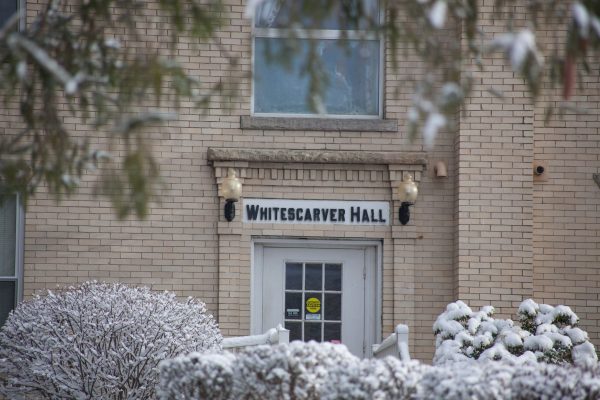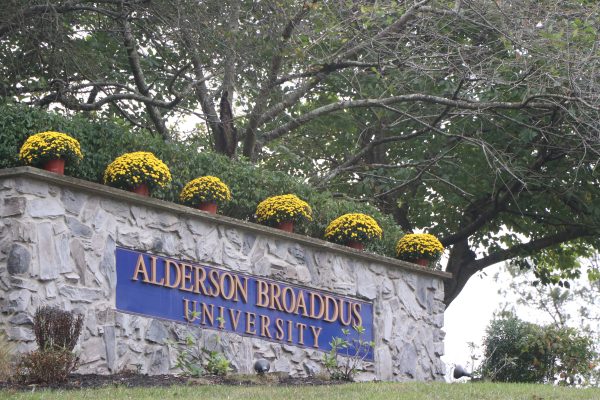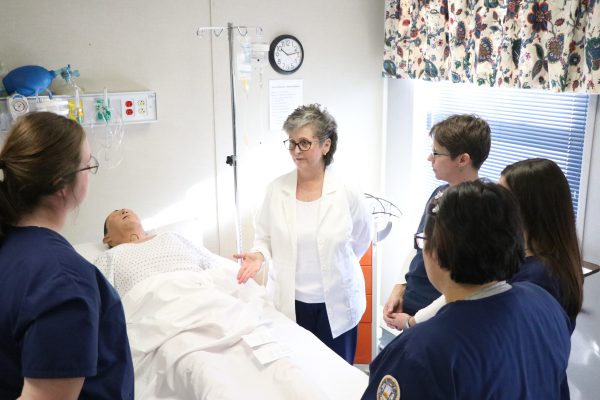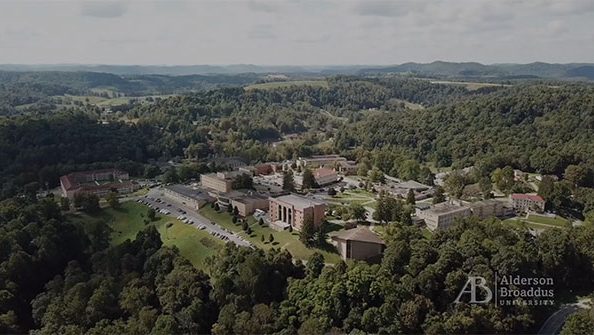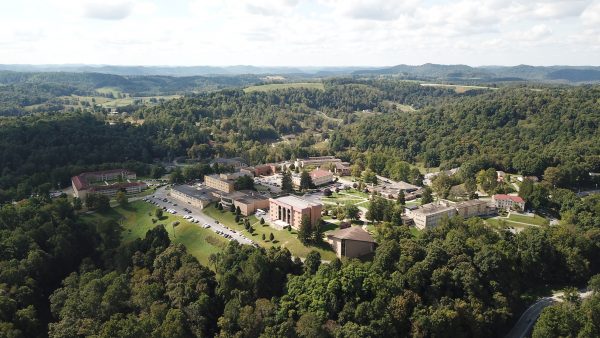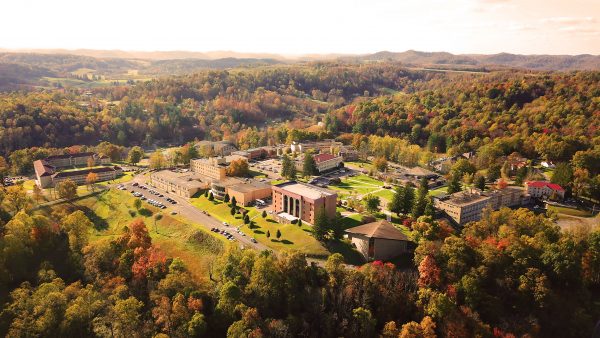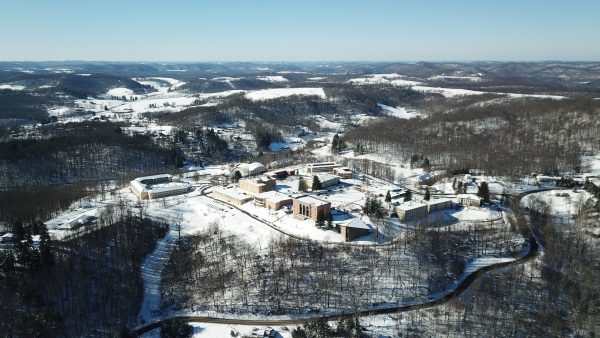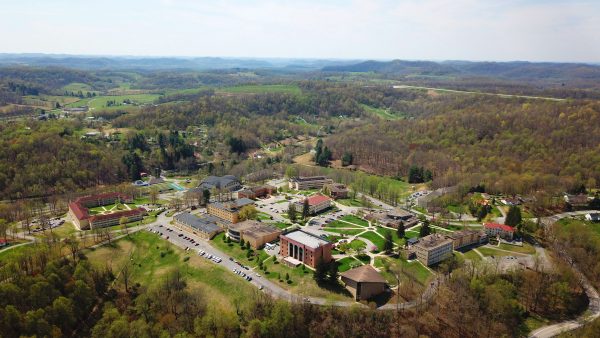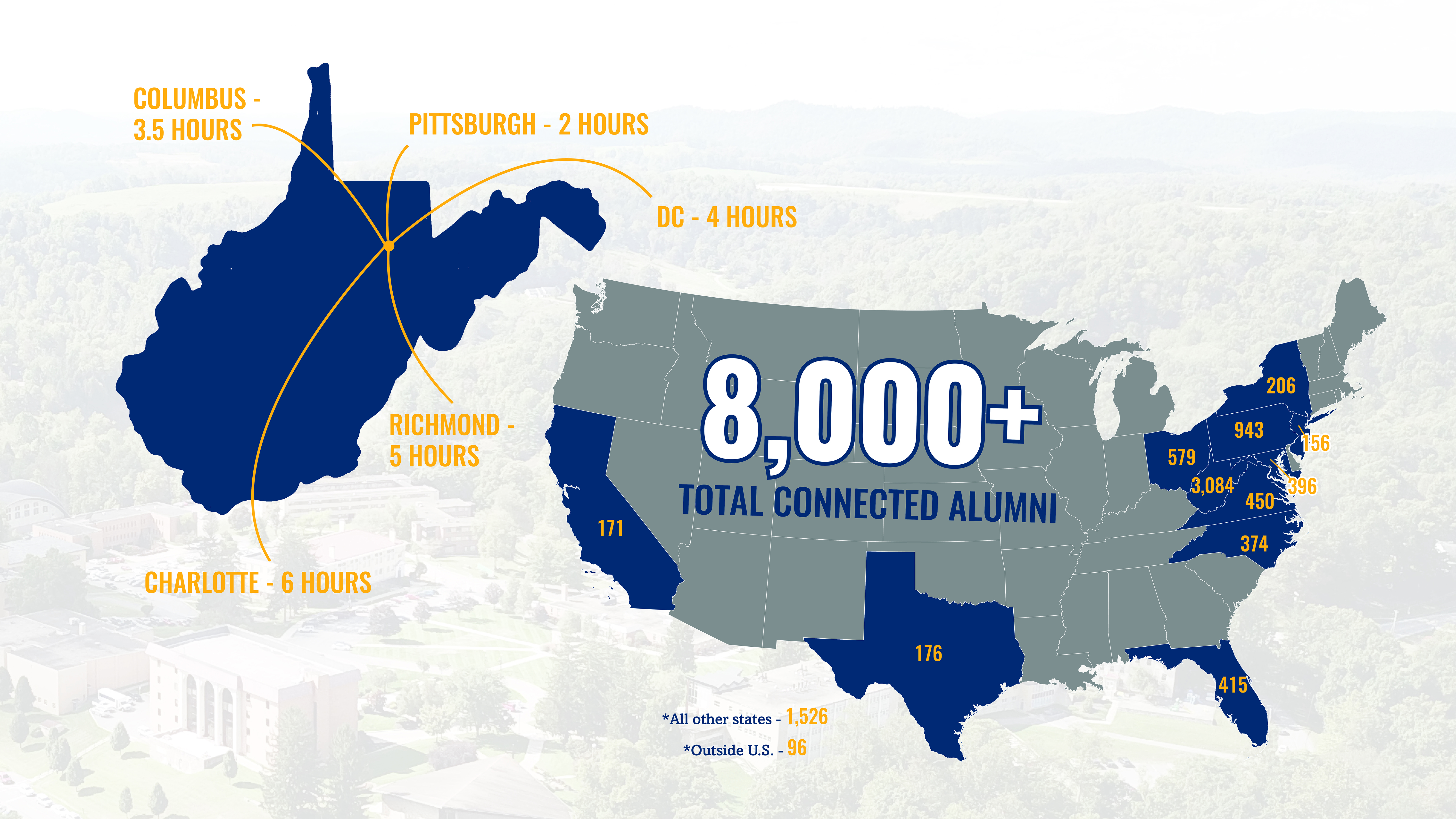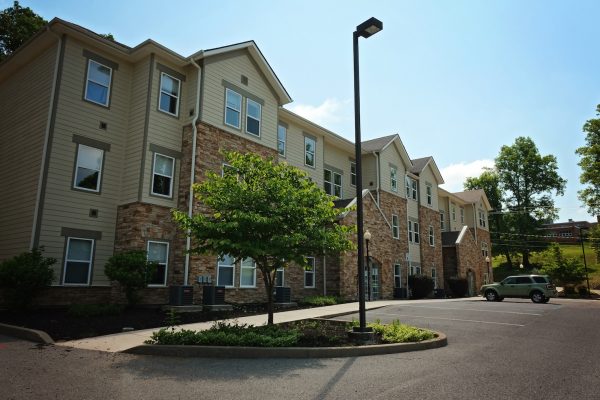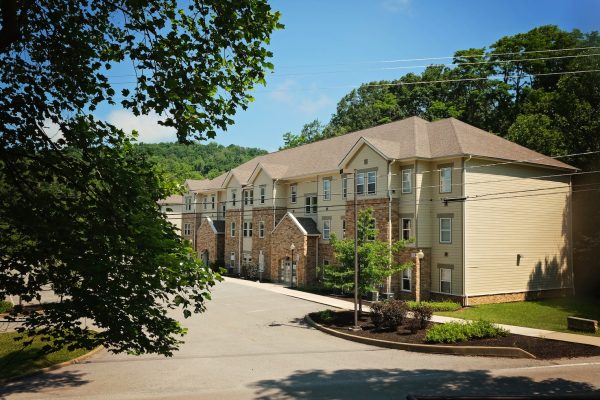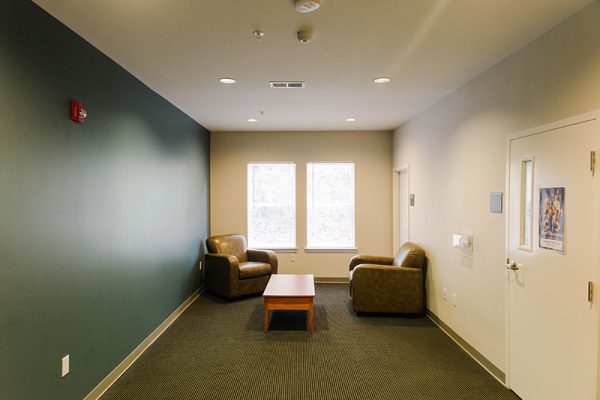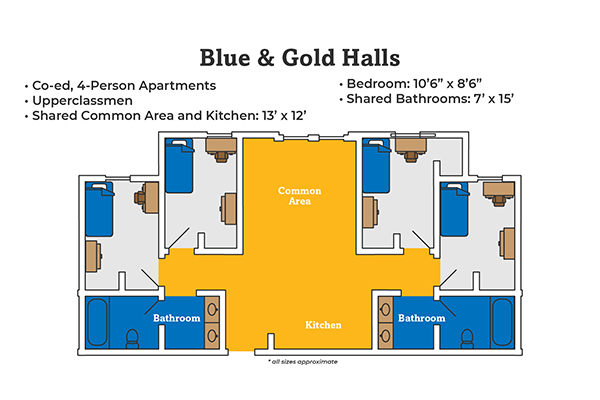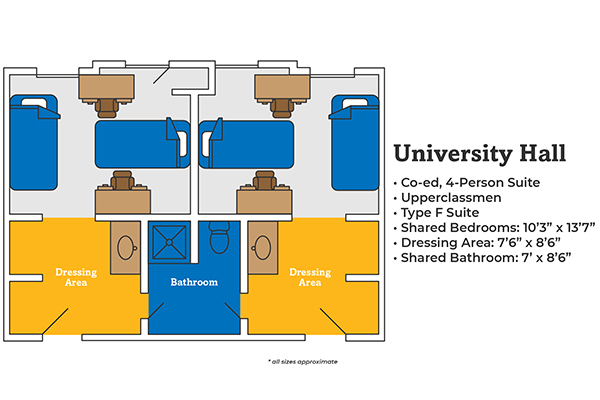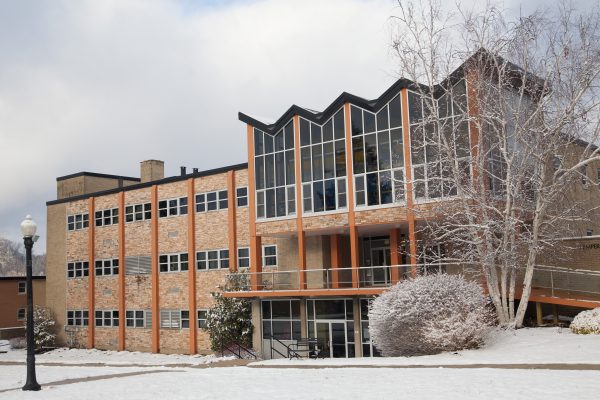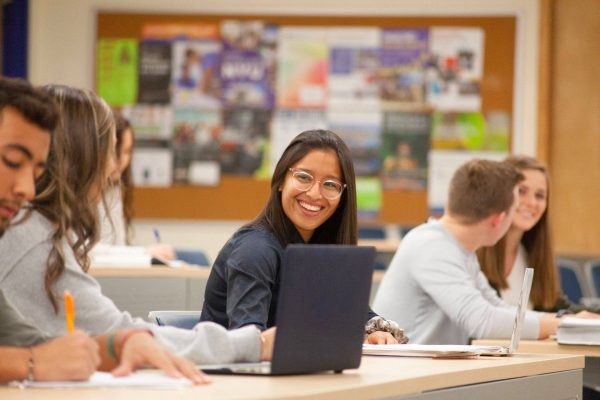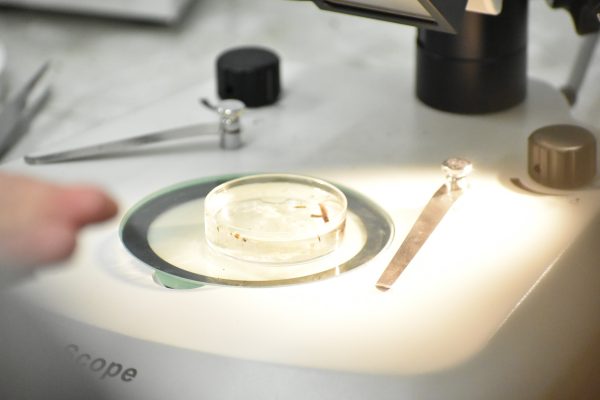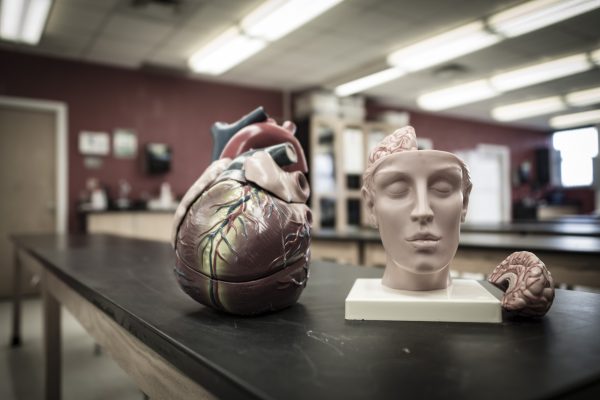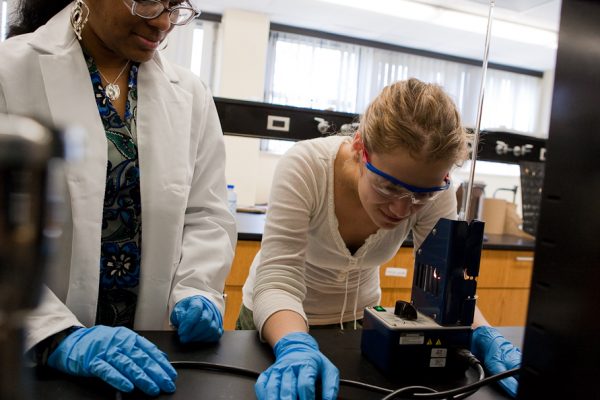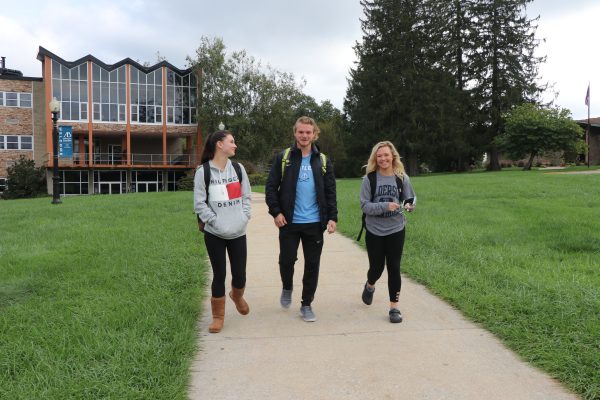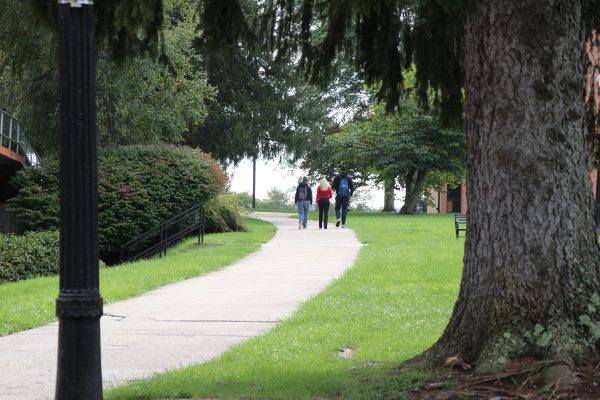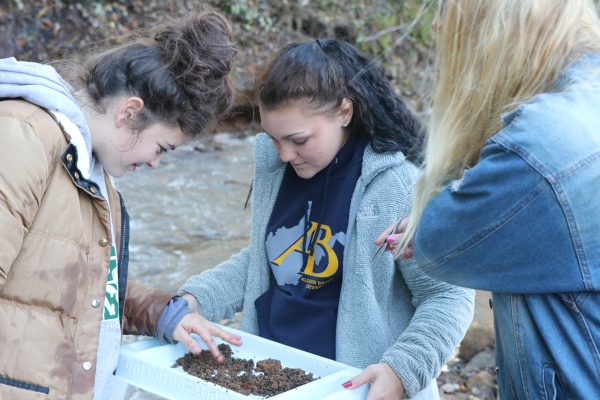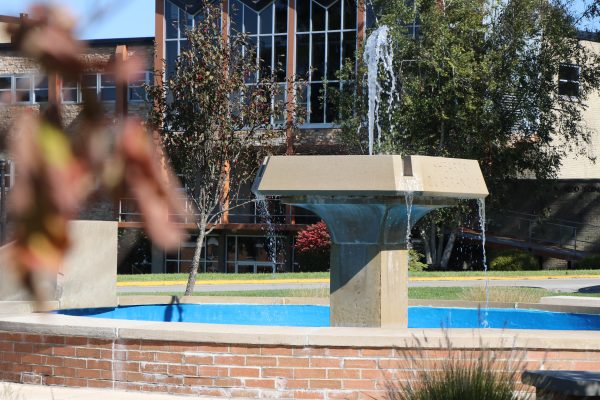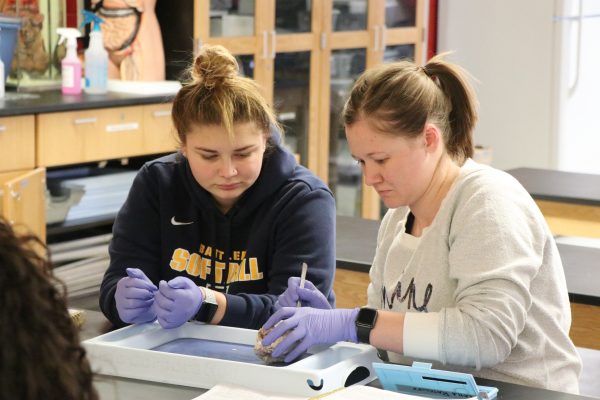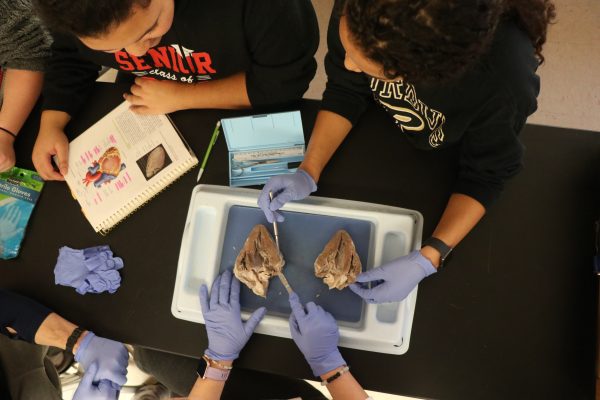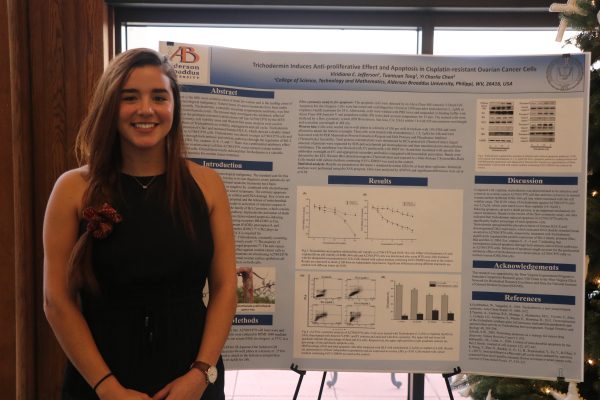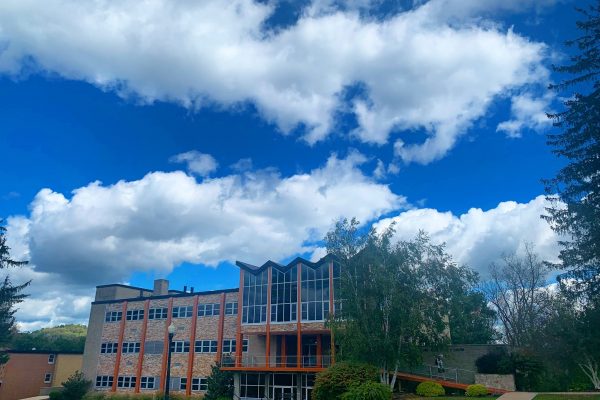General education has its roots in a very old tradition based on the conviction that certain fundamental understandings and skills are required in order for persons to live well and function successfully as human beings and as members of society. Liberal education has a “liberating” impact on human life, opening one up to exciting new knowledge, insights, perspectives, and possibilities. In response to the need for a liberal education, Alderson Broaddus University has identified, in the form of Goals, some of the important understandings, abilities, and skills needed by citizens facing the new century. All bachelor’s degree students are required to meet these goals by completing the Liberal Studies Program.
Instructions:
- Choose one course for each Goal unless otherwise indicated.
- Within the Liberal Studies program, no course can be counted as meeting more than one goal. “Double counting” is allowed between courses required in majors and minors and courses taken to meet the Liberal Studies requirements.
- Students in the Honors Program may use HONR 200 and HONR 400 courses to meet Goals II-B-2, II-C-1, and II-C-2.
Goal I-A: Demonstration of effective use of written and spoken English, including the appropriate information literacy learning outcomes.
Students must complete all three areas to complete the goal with a grade C or better.
- Goal I-A-1 ENGL 190, and
- Goal I-A-2 ENGL 200 or ENGL 260, and
- Goal I-A-3 COMM 130 or COMM 140
Goal I-B: Demonstration of basic skills in the use of math to solve problems encountered in a technological society.
- MATH 111, MATH 113, MATH 120, MATH 221, MATH 251, (or Math higher than 113), or PSYC 260
Goal I-C: Demonstration of basic computer literacy in the area such as word processing/database management/basic programming.
- CSCI 110, CSCI 134, CSCI 225, EDUC 190, ENVS 365
Goal II-A: Demonstration of the ability to apply the scientific method to the investigation of the natural world and understanding of conclusions which result concerning the nature of the universe.
- ASTR 190, BIOL 110, BIOL 210, CHEM 190, CHEM 200, ENVS 210, GEOL 190, NSCI 185, NSCI 190, NSCI 210, PHYS 211, PHYS 221
Goal II-B: Demonstration of basic understandings of the role of philosophical reflection and Christian commitment in world view and in the moral and ethical valuing and decision-making of the individual and society.
Students must complete both areas to complete the goal.
- Goal II-B-1: RELG 280, RELG 290, RELG 295, RELG 350, RELG 360, and
- Goal II-B-2: PHIL 190, PHIL 290, PHIL 310, PHIL 320, PHIL 340, PHIL 391, RELG 280
Goal II-C: Demonstration of basic understanding of humans as social, psychological, and political beings responsible for their own economic, social, and political structures and organizations.
Students must complete both areas to complete the goal.
- Goal II-C-1: EDUC 260, PSYC 190, PSYC 220, SOCI 190, and
- Goal II-C-2: ECON 201, ECON 211, ENVS 340, POLS 190, POLS 200, POLS 210, POLS 220
Goal II-D: Demonstration of an understanding of Western historical tradition in a global context.
- HIST 150, HIST 160, HIST 200, HIST 210, HIST 220, HIST 230, HIST 250, HIST 260, HIST 270, HIST 280, HIST 290, HIST 310, HIST 315, HIST 320, HIST 325, HIST 350, HIST 355, HIST 360, HIST 365, HIST 375, HIST 390, HIST 400, or INST 160
Goal II-E: Demonstration of understanding of the value and role of human expression as found in the literature.
- ENGL 220, ENGL 225, ENGL 281, ENGL 282, ENGL 283, ENGL 284, ENGL 290, ENGL 350, ENGL 355, ENGL 360, ENGL 365, ENGL 370, ENGL 375, ENGL 390
Goal II-F: Demonstration of an understanding of the value and role of aesthetic expression as found in the fine arts.
- 3 credits from the following courses:
- ART 100, ART 115, ART 118, ART 120, ART 125, ART 150, ART 190, ART 200, ART 210, ART 212, ART 214
- COMM 190, ENGL 230, HIST 220, HUMN 210, HUMN 215, HUMN 220
- MUAP 130, MUAP 155, MUAP 221, MUAP 223, MUAP 230, MUAP 235, MUAP 236, MUAP 240, MUAP 250, MUAP 251, MUAP 253, MUAP 265
- MUSC 190
- MUED 130, MUED 200
- MDIA 135, MDIA 180, MDIA 211, MDIA 255
Group III Goals and Policy Statement: Group III goals are process goals that will be accomplished throughout a student’s career, especially within the student’s major program of study. All courses in the curriculum have been designed with these goals in mind. Therefore, specific courses are not listed under each of the following goals.
Goal III-A: Development of the ability to learn; development of information literacy and the ability to build knowledge bases for specified purposes; the overall development of lifelong learning skills.
Goal III-B: Development of basic skills in logical thinking, creativity, and critical thinking, and problem-solving.

